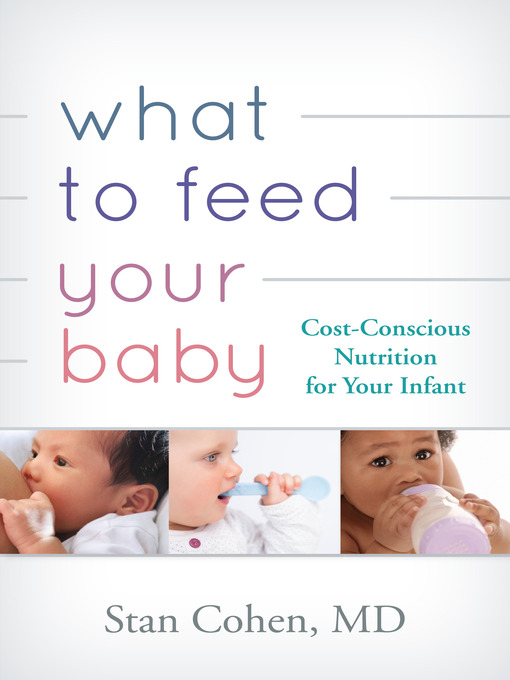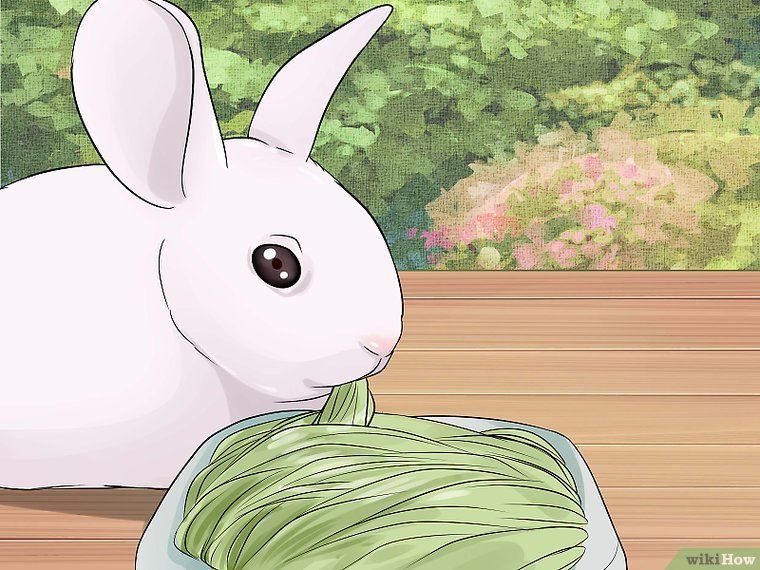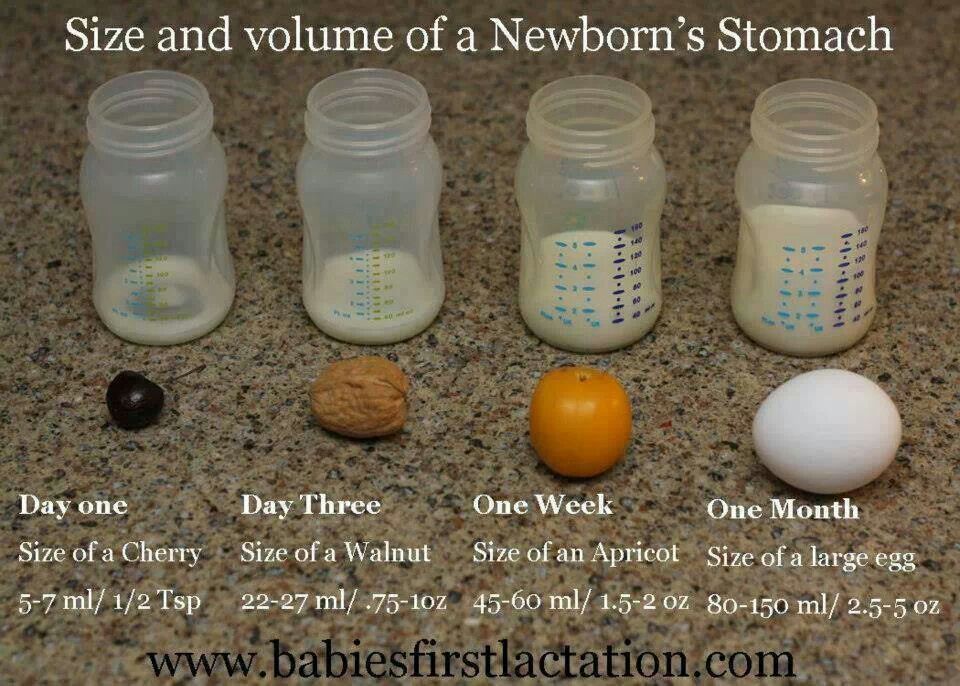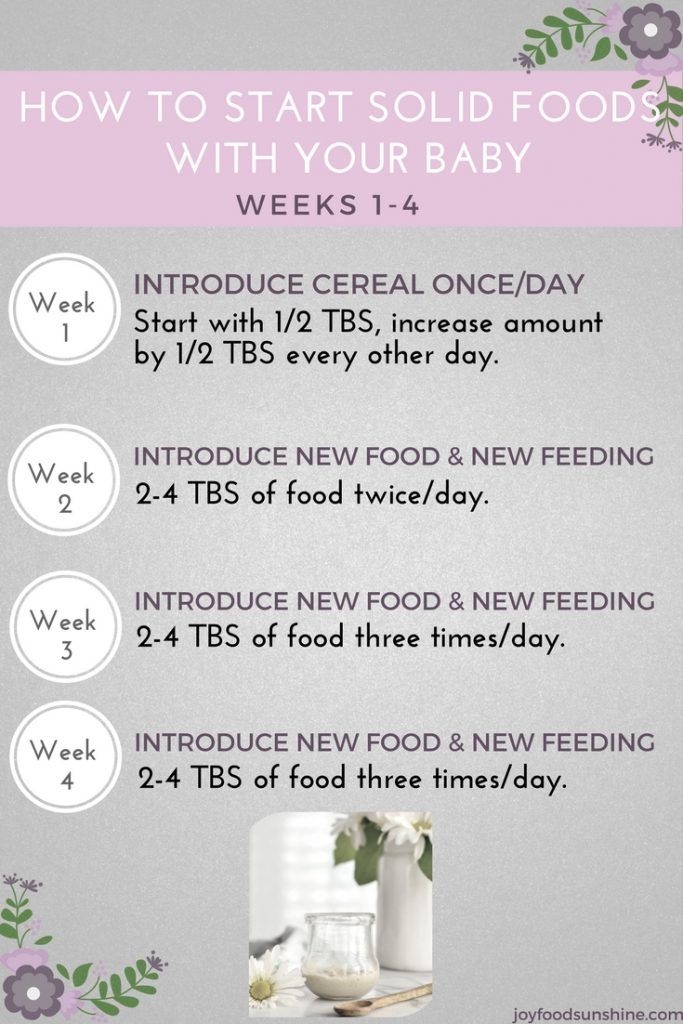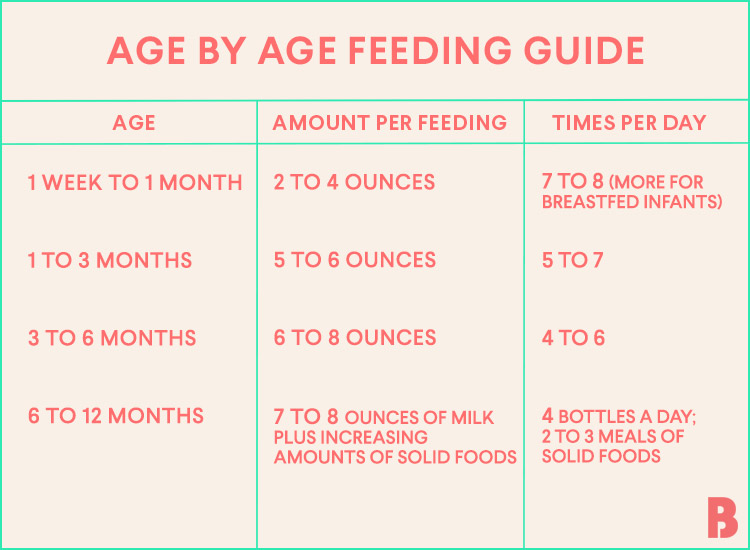Newborn baby not taking feed
Why Baby May Suddenly Refuse the Breast
It's very rare for babies to wean themselves off the breast. So, if your baby suddenly seems reluctant to breastfeed, it might be what's referred to as a nursing strike. It signals that something is different-though not necessarily wrong-and has caught your baby's attention. Don't take it personally! Comfort your baby, and keep offering your breast. Before long, your baby will start nursing again. If they don't, reach out to your WIC breastfeeding staff for tips and support.
What might be the cause
Many moms are confused when their babies go on strike. Some common reason why babies may go on strike are:
- Your baby is not feeling well. It could be from a cold, ear infection, stuffy nose, upset stomach, injury, teething, thrush, cold sore, or other reasons.
- Your baby is upset. Maybe there is a big change in nursing routine, you were apart for a long time, or your baby's environment is uncomfortable.
- Your baby is distracted. Perhaps there are fun things happening nearby.
- Your baby is getting less milk from you. Supplemental bottles may cause milk production to drop, but there are other reasons for low milk supply as well.
- You smell different. This can be from a new soap, deodorant, or perfume.
- Your baby bit you while nursing. Your baby may pause breastfeeding if a bite caused you to react strongly, like a loud "ouch!"
What you can do
Don't worry. With your gentle persistence, the refusal will end. If your baby is less than 1 year old and has been breastfeeding well up to this point, chances are they're not ready to give up breastfeeding. Here's what to do:
- Keep putting your baby to your breast. Try this when your baby shows hunger signs or seems sleepy, and just after your baby wakes up. If your baby is frustrated, stop and try again later.
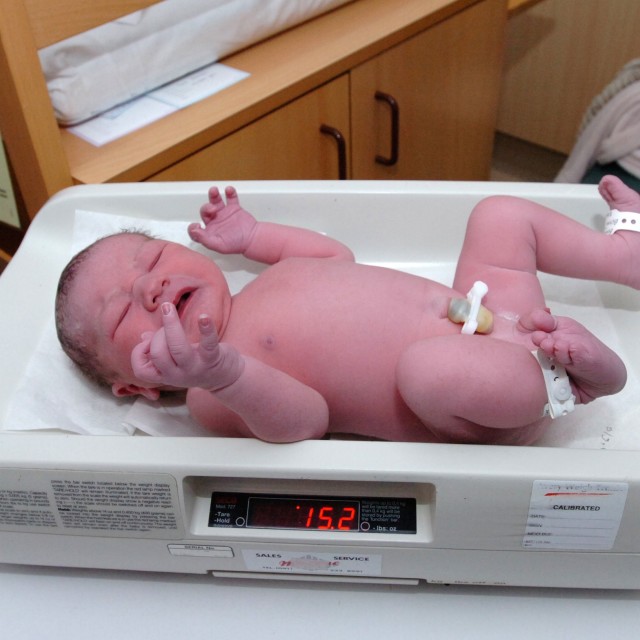
- Give your baby extra loving. Give your baby extra cuddles, touches, and comfort. Hold your baby skin to skin, and keep your baby close.
- Pump or hand express your milk. Do so at the times your baby used to nurse. Feed your milk to your baby. That way, you will keep making enough milk and will be less likely to get plugged ducts or engorged breasts.
- Try different nursing positions. A different breastfeeding position can make your baby more comfortable.
- Nurse in a calm, quiet spot. Babies may strike when they are older, as they begin to notice the world. They may snack instead of nursing for long sessions. Try breastfeeding away from TV sounds and bright lights.
- Keep your routine. Keep your baby's routine as regular as you can.
- Visit your baby's doctor. Make sure there's not a medical cause for your baby not wanting to breastfeed, and ask for advice.
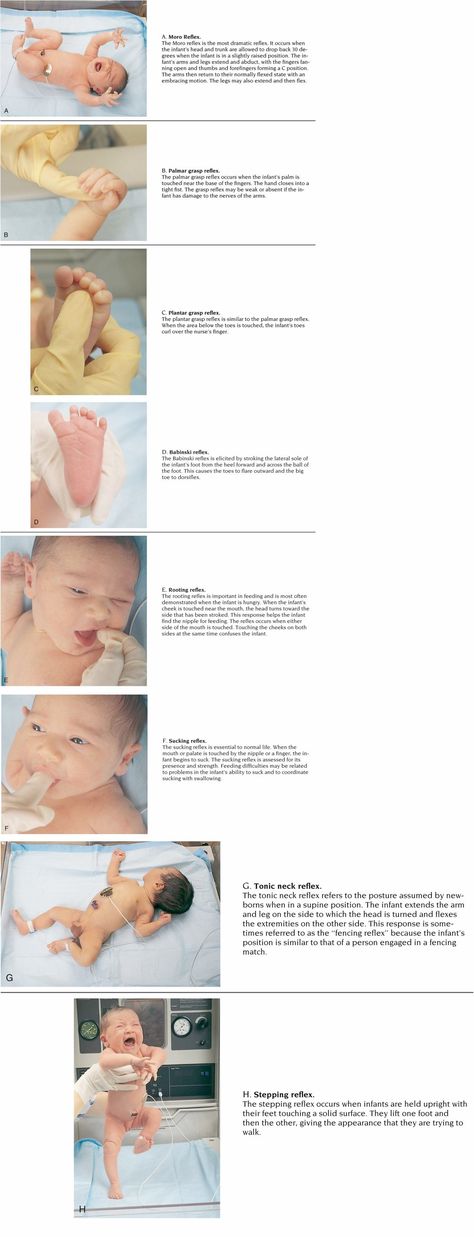
Above all, keep trying to breastfeed your baby. Your baby will most likely be breastfeeding again before you know it. Need help? Ask your WIC breastfeeding staff.
Why is my baby refusing the breast? 8 tips that help | Baby & toddler, Feeding articles & support
Whether your baby refuses the breast as a newborn or when they’re older, it can be very stressful. Here’s why it might happen and what to try…
Why won’t my newborn baby breastfeed?
Sometimes, newborn babies struggle to latch on to breastfeed after they’re born. It can be worrying for new parents when this happens – you might think something’s wrong.
There may be a simple explanation. This information could help you find your own solution, or decide if you need further support.
Some of the more common reasons for newborn babies finding it difficult to latch onto the breast could be:
- a difficult labour or birth – your baby might feel sore or have a headache if the mother has had interventions in labour or if they were born very quickly
- medication used during labour – anaesthesia, epidural or pethidine can make your baby sleepy or groggy
- your baby being separated from you after birth – even for a few minutes
- discomfort due to a birth injury or bruising
- swallowing mucus at birth can make your baby feel congested, nauseous or uncomfortable
- an early unpleasant experience of attempting to breastfeed, such as being forced onto the breast
- the baby might have tongue-tie
(LLLGB, 2016)
Why won’t my baby breastfeed anymore?
Sometimes, older babies seem to refuse to breastfeed when they’d been breastfeeding just fine until then. This is known as a 'nursing strike.' They might refuse to breastfeed for 2-4 days, but it can be up to 10 days (Mohrbacher, 2013).
This is known as a 'nursing strike.' They might refuse to breastfeed for 2-4 days, but it can be up to 10 days (Mohrbacher, 2013).
Reasons that your older baby might refuse to feed at the breast could include:
- something has changed that makes it difficult for baby to latch
- a strong or fast flow of milk, which your baby is struggling to take
- a painful mouth, due to an infection like thrush or because they’re teething
- being more aware of their surroundings and being easily distracted, for example by noise
- a change in the taste of your milk, such as that due to your menstrual cycle
- the introduction of more solid food
- a small number of babies might struggle because of severe or persistent reflux, known as gastro-oesophageal reflux disease (GORD), so they may link feeding with pain.
(Mohrbacher, 2013; Gonzalez, 2014; BellyBelly, 2016; NICE, 2017; Public Health England, ND)
What can I do when my baby refuses to breastfeed?
8 top tips to help your baby who’s refusing to breastfeed:
1. Try to identify what’s going on for your baby. Knowing the cause can help not only with a plan but it can be reassuring to understand what is happening and know there’s a solution. You could think about the following:
Try to identify what’s going on for your baby. Knowing the cause can help not only with a plan but it can be reassuring to understand what is happening and know there’s a solution. You could think about the following:
- Do they have a cold or an infection?
- Was there something that might have caused them to not want to feed?
- Talk to one of our Breastfeeding Counsellors or contact our Infant Feeding Line on 0300 330 0700 (option 1) for further support. It can be a great way to get some help to find out what’s happening.
- You could also contact a health professional to investigate any medical reasons why your baby might not be feeding.
2. Try to stay calm and not force a feed. Instead, allow your baby to take the lead.
3. Especially for young babies, many mums find skin-to-skin contact in a laid-back position helps to take the pressure out of the situation. It allows your baby to use their own natural instincts to feed (Burbridge, 2017).
4. Don’t worry if your baby bobs their head or moves it from side to side, they’re not rejecting the breast as it might appear. These are your baby’s natural ways of finding your breast (Coulson, 2012).
5. Try a different feeding position to see if you can get your baby more comfortable. Some babies find a laid-back breastfeeding (also called biological nurturing) position helpful if they are struggling to get a deep latch or if you have a strong let-down of milk (Coulson, 2012).
6. Sometimes, feeding your baby while they’re sleepy or even asleep can be helpful. Many mums say that these ‘dream feeds’ can be very effective for a baby who is uninterested when awake (Pitman and Bennett, 2008).
7. You could try feeding your baby while rocking them or walking around, singing or playing with them or playing white noise or background music to them (Australian Breastfeeding Association, 2017).
8.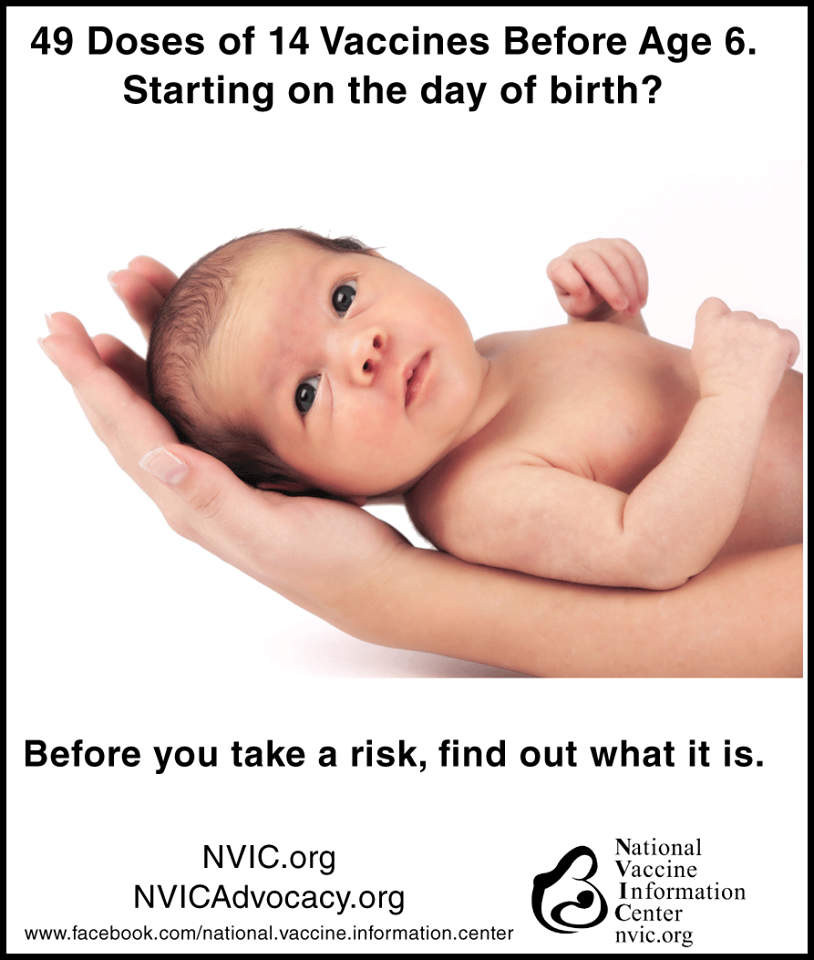 You might want to try feeding in a quiet room, away from distractions, as some babies are so keen to be involved that they limit their feeds (Gonzalez, 2014).
You might want to try feeding in a quiet room, away from distractions, as some babies are so keen to be involved that they limit their feeds (Gonzalez, 2014).
What can I do if I’ve tried everything but my baby still won’t breastfeed?
One of the key things to consider is maintaining your milk supply. You might need to consider expressing, either by hand or with a pump. You can find more information about expressing and storing your milk here.
Another consideration is making sure your baby is getting enough milk. How might you know how much milk your baby is getting, you might ask. The answer lies in their dirty and wet nappies. You can expect six wet nappies in 24 hours if your baby is over a week old (UNICEF, 2016). If you’re unsure, it’s best to ask for support from your health visitor, GP or NCT breastfeeding counsellor.
In the short term, you might need to look at alternative ways to feed your baby if you think they’re not getting enough milk. A newborn baby needs to be fed regularly and parents can use syringe or cup feeding as an alternative to a bottle in the early days (Flint et al, 2016; NHS, 2016).
If you decide to use a bottle, it might be helpful to feed with plenty of skin-to-skin contact (UNICEF, 2018). Gently offering the bottle to your baby by tickling their top lip, waiting for the wide-open gape might also help mimic a breastfeed (UNICEF, 2019). That can support the transition back to the breast.
Taking frequent breaks during the bottle feed, and perhaps swapping sides, can be helpful (UNICEF 2018). Continuing to have skin-to-skin time with your baby and allowing them access to the breast will help this. It’ll also be a bonding and calming experience for you both.
How can I deal with the stress of my baby refusing to breastfeed?
When a newborn refuses the breast, or an older baby goes through a nursing strike, it can be very upsetting for both you and your baby. You’re definitely not alone in struggling with the emotions of breastfeeding problems. So here are some tips that might help:
- Try to take time to enjoy plenty of extra cuddles and quiet time together.

- Many mums find a ‘babymoon’ helpful for allowing their baby access to the breast in a non-pressurised way. A babymoon means spending some hours together in a relaxed setting, such as lying down snuggling in bed. This can allow you to enjoy your baby without worrying about feeding.
- For older babies, some mums find that having a bath with their baby or bringing their baby into bed with them helps their baby to latch.
- Try to find some support from other mums and trained breastfeeding supporters. Chatting with other people about this can help to unburden the stresses and worries you might be feeling. Breast refusal is not uncommon and you might find that chatting to someone who understands is invaluable while you’re struggling.
- For many mums, time and patience can help the situation. Your baby’s instincts and behaviour can change and develop, especially in the early days.
- If you’re struggling, do contact the NCT Infant Feeding Line and speak to a breastfeeding counsellor.
 They’ll listen, offer you information and will support you to find your own path.
They’ll listen, offer you information and will support you to find your own path.
This page was last reviewed in August 2019.
Further information
NCT supports all parents, however they feed their baby. If you have questions, concerns or need support, you can speak to a breastfeeding counsellor by calling our helpline on 0300 330 0700, whether you are exclusively breastfeeding or using formula milk. Breastfeeding counsellors have had extensive training, will listen without judging or criticising and will offer relevant information and suggestions. You can also find more useful articles here.
National Breastfeeding Line (government funded): 0300 100 021.
NHS information on mastitis.
Best Beginnings - Bump to Breastfeeding DVD Chapter 7 'Overcoming Challenges'.
Healthtalkonline.org: Managing Breastfeeding – dealing with difficult times.
References
Australian for Breastfeeding Association (2017) Breast refusal. https://www.breastfeeding.asn.au/bf-info/breast-refusal [Accessed 22nd February 2019]
https://www.breastfeeding.asn.au/bf-info/breast-refusal [Accessed 22nd February 2019]
BellyBelly. (2016) Breast refusal – 13 tips for a baby that refuses the breast.
https://www.bellybelly.com.au/breastfeeding/breast-refusal/ [Accessed 22nd February 2019]
Burbridge A. (2017) Nursing strikes. La Leche League GB. Available at: https://www.laleche.org.uk/nursing-strikes/ [Accessed 1st August 2019]
Coulson S. (2012) Biological nurturing: the laid-back breastfeeding revolution. Midwifery Today, 101 Available at: https://midwiferytoday.com/mt-articles/biological-nurturing/ [Accessed 1st August 2019]
Flint A, New K, Davies MW. (2016) Cup feeding versus other forms of supplemental enteral feeding for newborn infants unable to fully breastfeed. Cochrane Database Syst Rev. (8):CD005092. Available from: https://www.cochranelibrary.com/cdsr/doi/10.1002/14651858.CD005092.pub3… [Accessed 1st August 2019]
Gonzalez C. (2014) Breastfeeding Made Easy. London: Pinter &Martin
LLLGB. (2016) My baby won’t breastfeed. Available at https://www.laleche.org.uk/my-baby-wont-breastfeed/ [Accessed 1st August 2019]
(2016) My baby won’t breastfeed. Available at https://www.laleche.org.uk/my-baby-wont-breastfeed/ [Accessed 1st August 2019]
Mohrbacher N. (2013) Is your formerly nursing baby refusing to breastfeed? Breastfeeding Reporter Blog. Available at http://www.nancymohrbacher.com/articles/2013/1/26/is-your-formerly-nursing-baby-refusing-to-breastfeed.html?rq=refusing [Accessed 1st August 2019]
NICE. (2017) Breastfeeding problems. National Institute for health and Care Excellence, Clinical Knowledge Summaries. Available at: https://cks.nice.org.uk/breastfeeding-problems#!scenario [Accessed 1st August 2019]
Pitman T, Bennett H. (2008) 0-1 year: nursing strikes; breastfeeding while baby’s falling asleep may help end a nursing strike. Today’s Parent. 7:137.
Public Health England. (ND) Breastfeeding challenges. NHS, Start 4 life. Available at: https://www.nhs.uk/start4life/baby/breastfeeding/breastfeeding-challenges/reflux/ [Accessed 1st August 2019]
UNICEF. (2016) Breastfeeding checklist for mothers – How can I tell that breastfeeding is going well? UNICEF UK Baby Friendly Initiative. Available at https://www.unicef.org.uk/babyfriendly/wp-content/uploads/sites/2/2016/10/mothers_breastfeeding_checklist.pdf [Accessed 1st August 2019]
Available at https://www.unicef.org.uk/babyfriendly/wp-content/uploads/sites/2/2016/10/mothers_breastfeeding_checklist.pdf [Accessed 1st August 2019]
UNICEF. (2018) Skin-to-skin contact. Available from: https://www.unicef.org.uk/babyfriendly/baby-friendly-resources/guidance-for-health-professionals/implementing-the-baby-friendly-standards/further-guidance-on-implementing-the-standards/skin-to-skin-contact/ [Accessed 1st August 2019]
UNICEF. (2019) Responsive bottle feeding. Available from: https://www.unicef.org.uk/babyfriendly/wp-content/uploads/sites/2/2019/04/Infant-formula-and-responsive-bottle-feeding.pdf [Accessed 1st August 2019]
Poor appetite in a newborn
Newborns and infants almost immediately after birth acquire a sucking reflex and, accordingly, feeling hungry, require it to be satisfied. Mother's breast milk is the most useful and necessary food for the growth and development of the baby. Therefore, if a baby suddenly loses appetite, does not gain weight, refuses to breast or a bottle, there are a number of reasons for this, which you need to figure out and understand what is wrong. If the refusal of food occurred once, there is no need to sound the alarm. But in the case of a regular repetition of the situation, it is better to turn to pediatrician who can help a little person and mother to improve nutrition.
If the refusal of food occurred once, there is no need to sound the alarm. But in the case of a regular repetition of the situation, it is better to turn to pediatrician who can help a little person and mother to improve nutrition.
So, what are the causes of poor appetite in a newborn? Why is he not gaining weight and with crying he throws his mother's breast or a bottle?
- Special structure of the mother's nipple. Because of the inverted or flat nipple, feeding is difficult for the baby, he needs to make a lot of effort to get milk. If the baby does not eat for this very reason, then his smacking of his lips, anxiety and crying as soon as he is at the mother's breast will be indicative. In such a situation, the mother will have to express milk or feed in a certain position that is comfortable for the baby so that the baby can get enough milk.
- Intestinal colic . Such cramping pains in the tummy most often occur in the first weeks after birth, when the not yet fully formed gastrointestinal tract can not cope with the incoming milk or formula.
 As a result, the child suffers from increased gas formation, and his appetite is sharply reduced. If the baby twists his legs during feeding, pulls them up to his stomach, starts crying abruptly and interrupts feeding, most likely it is colic.
As a result, the child suffers from increased gas formation, and his appetite is sharply reduced. If the baby twists his legs during feeding, pulls them up to his stomach, starts crying abruptly and interrupts feeding, most likely it is colic. - Dysbacteriosis. Does the baby spit up often, he develops skin rashes , does he gain weight poorly and eats very little for feeding? Most likely, this is a dysbacteriosis that causes a loss of the baby's appetite. Probiotics and a diet for the mother, prescribed by a pediatric specialist, will help in this case and normalize the process in the child's gastrointestinal tract.
- Lactase deficiency. Lactose intolerance, which is contained in milk, may cause a newborn to refuse food. No need to be upset if the child does not eat due to the lack of the necessary enzyme in the body. Lactase deficiency is treated, and this is not at all a reason to wean a child from the breast.
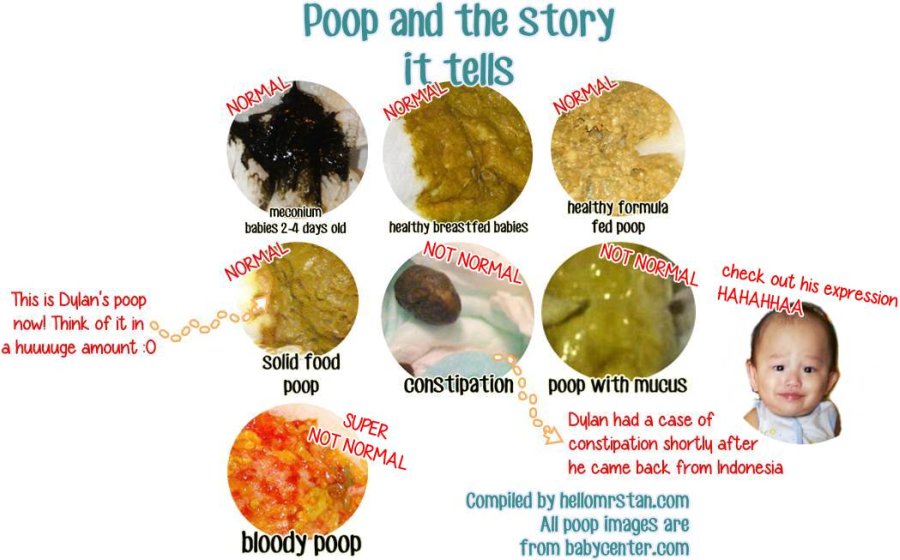 A good pediatrician will prescribe treatment for the baby and help to cope with such difficulties.
A good pediatrician will prescribe treatment for the baby and help to cope with such difficulties. - Runny nose . If the baby has a stuffy nose, most likely he does not eat well or refuses to eat at all. Eliminating congestion of the respiratory tract, you normalize the process of feeding.
- Thrush and/or inflammation in the mouth is a common ailment in infants. Small white sores, plaque and redness of the mucosa indicate an inflammatory process in the oral cavity that prevents the baby from receiving milk normally.
- Teething . If the baby's first teeth began to cut, then this painful and unpleasant moment can greatly affect the child's appetite.
- Taste of mother's milk . If a nursing mother ate some kind of spicy or strong-smelling product, then this immediately affects the taste of milk. Garlic, various spices can change the taste of food familiar to the child and lead to loss of appetite in the baby.

- Lactational mastitis in a nursing mother. Inflammation of the mammary gland, pain and induration, fever can be symptoms of this disease. The child in this case loses its appetite and refuses to breastfeed. At the first symptoms of mastitis, the mother should definitely consult a doctor.
- Hypothyroidism in newborns. Reduced thyroid function in infants leads to mental and physical retardation, as well as loss of appetite. Pediatric endocrinologist will be able to determine the presence or absence of this disease in the baby.
- Otitis. If the baby starts to eat, and immediately throws a bottle or breast with crying, raises his hands to his ears, turns his head - this may indicate inflammation in the ears, in which it is painful for the child to swallow. Otitis media must be treated in pediatric ENT doctor .
It is rather difficult to spontaneously get an appointment with a pediatric specialist in St.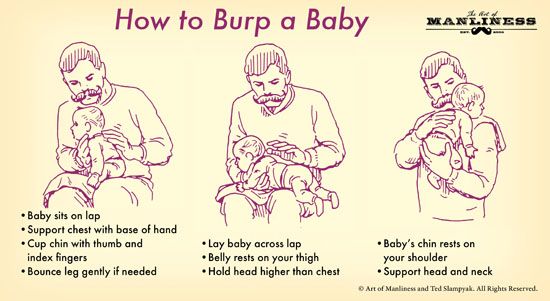 Petersburg. If you urgently need to show your baby to a doctor, you can make an appointment with a pediatrician at the Medicenter Medical Center, where in a calm and friendly atmosphere the baby will be carefully examined and the mother will be asked in detail by a sensitive pediatric specialist with many years of experience working with children. If necessary, he can send the baby for additional examinations, tests and cultures, which can also be taken at our center or call the children's specialists of our center at home.
Petersburg. If you urgently need to show your baby to a doctor, you can make an appointment with a pediatrician at the Medicenter Medical Center, where in a calm and friendly atmosphere the baby will be carefully examined and the mother will be asked in detail by a sensitive pediatric specialist with many years of experience working with children. If necessary, he can send the baby for additional examinations, tests and cultures, which can also be taken at our center or call the children's specialists of our center at home.
Structural subdivision
Polikarpova
Alley Polikarpova 6k2
Primorsky district
- Pioneer
- Specific
- Komendantskiy
Structural subdivision
Zhukov
Prospekt Marshala Zhukov 28k2
Kirovsky district
- Avtovo
- Veterans Avenue
- Leninsky Prospekt
Structural subdivision
Devyatkino
Okhtinskaya alley 18
Vsevolozhsk district
- Devyatkino
- Civil Avenue
- Academic
You can get detailed information and make an appointment by calling +7 (812) 640-55-25
Make an appointment
What to do if the baby began to eat little
— Anastasia Ivanovna, how to understand that the child is malnourished and does not have enough breast milk or formula?
- Mom will know everything right away - it will be screaming, crying or not gaining weight (in the first year of life, the baby is weighed and measured every month). As soon as the mother sees that the behavior of the baby changes and the weight does not increase, she can conclude that the baby has begun to eat less, he does not have enough breast milk or formula.
As soon as the mother sees that the behavior of the baby changes and the weight does not increase, she can conclude that the baby has begun to eat less, he does not have enough breast milk or formula.
— At what age does food refusal most often begin?
- Babies start eating little and sleeping a lot around six months. 4-6 months is the main period, because at this time the child's teeth begin to erupt, sleep and wakefulness patterns change, food interest and a need for a product of a different consistency appear. The child sees adults at the table: how mom and dad eat, knock on plates, and, naturally, he has the same need, he can refuse to breast at this moment. In addition, on artificial feeding, in addition, the mixture may not be suitable for age.
— What are the dangers of early childhood malnutrition?
- Mom and the doctor will immediately see that the child is malnourished, due to the lack of body weight. With malnutrition, there are not enough kilocalories that the child absorbs from food for energy. A lack of vitamins and minerals can cause a malfunction of the whole organism: underdevelopment of internal organs, malnutrition and brain supply (cognitive disorders) will occur.
A lack of vitamins and minerals can cause a malfunction of the whole organism: underdevelopment of internal organs, malnutrition and brain supply (cognitive disorders) will occur.
— Are babies really more likely to refuse breast milk than formula?
— There are several factors that influence a baby's refusal to breastfeed. One of them is that a nursing mother has changed her diet. If the composition of food changes in macronutrients (proteins, fats, carbohydrates), it is possible that breast milk will become more fatty, and a small amount of food will be enough for the baby to get enough. Therefore, the mother must definitely keep track of what she eats and in what quantity. The best way is to keep a food diary, by which it will be possible to judge why the child begins to refuse to eat or eat less in volume.
Bottle-fed formula is easier for a baby to suckle and uses less energy to eat, so it is natural for him to need less food. Everything is interconnected.
- Will the use of special nipple covers help a mother?
— Each case will have its own recommendations. Nipple shields are needed by a very small percentage of women whose breasts are not physiologically adapted for suckling. When breastfeeding, it is important to properly express and attach the baby to the breast - and this work begins in the hospital. The task of the mother is to help the child grasp the nipple correctly, and nature will do the rest.
— Another common problematic question of young parents is why the baby began to eat less on complementary foods. What could be the reasons for this?
— With the introduction of complementary foods, the acidity of the products may not be the same. In addition, acidity can be reduced in the gastrointestinal tract of the child himself - then the food is not digested. In such a situation, you need to take medical tests. And it is better not to engage in self-diagnosis and self-treatment, but purposefully, together with the doctor, find out the causes of the failure.
But there is another extreme - overeating associated with leptin resistance. When the hormone leptin does not work in the body, the child does not receive information to the brain that he is full, and continues to eat-eat-eat. This is a very rare occurrence, but mom will immediately understand that you need to see a doctor.
— Anastasia Ivanovna, what to do if the child eats little? How to restore the child's appetite?
— The simplest thing is to create conditions for the baby to get hungry faster, which means that he spends more energy, play outdoor games, walk more and more often in the fresh air, go to the pool if possible. All this greatly affects digestion, and if the child spends energy, he will replenish it by eating more breast milk or formula.
- Can a lack of interest in food go away naturally?
- The active phase of food interest falls on four to six months (everyone is different). And during this period it is better to have time to give the first complementary foods, because later the food interest begins to decline. If a child completely refuses any products, it is advisable not to force him to eat by pushing a spoon into his mouth or persuading him to swallow another spoon, because it is after such persuasion that babies most often appear. A child without conviction should understand that he is hungry and it is time to sit down and eat, not play.
If a child completely refuses any products, it is advisable not to force him to eat by pushing a spoon into his mouth or persuading him to swallow another spoon, because it is after such persuasion that babies most often appear. A child without conviction should understand that he is hungry and it is time to sit down and eat, not play.
— What can force-feeding turn into and is it possible to restore a child's interest in food without psychological pressure?
— From practice, I can say that the mother puts psychological pressure on the child, realizing that he must now eat, but the child is picky instead of eating, he has no appetite. The mother begins to panic that the child is hungry. In fact, a hungry child will let everyone around know about himself and will definitely eat. At the same time, he will eat a portion of food according to his needs, based on his energy costs. Mom just needs to calm down and remember the so-called intuitive baby food, when the child eats as often and in as much quantity as he needs.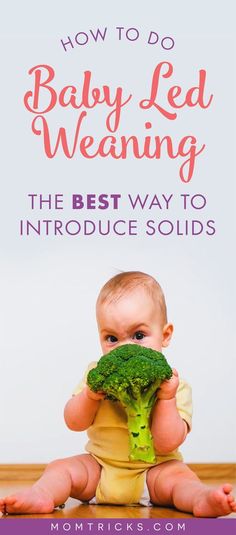 If he runs and jumps more, he will eat more, and if he sleeps off after vaccination, when the body is recovering, then perhaps you should not load him with food.
If he runs and jumps more, he will eat more, and if he sleeps off after vaccination, when the body is recovering, then perhaps you should not load him with food.
— If the baby refuses breast milk, will formula help?
- Mix is one of the alternative feeding options. If the child refuses breast milk, you need to choose something else, taking into account the age of the child and the situation in the family. After 6-7 months, often the rejection of breast milk comes with the start of the introduction of complementary foods, which the baby likes more. There are also cases when a mother carries a second pregnancy: the quality of milk changes - and the baby does not want to eat it. The inclusion of formula in a child's diet is always an individual decision to be made with your doctor.
- How to choose infant formula if the baby refuses breast milk?
- When choosing a mixture, you need to understand what the mother wants from the mixture - either this is the main food or supplementary food. It is important for yourself to decide which mixture you need, read the compositions of different types of food from manufacturers. There can be many recommendations - both by weight, and by the age of the child, and by filling with minerals. Tasks can also be different. If the child refused one mixture, a new milk or sour-milk mixture is selected. In case of an allergic reaction, you need to look for a therapeutic mixture without components that provoke allergies. There are times when a child does not like the taste, color, smell or texture of food. And if the child rejects food for the second or third feeding, then the diet should be reviewed and other options should be looked for, but after consulting a doctor.
It is important for yourself to decide which mixture you need, read the compositions of different types of food from manufacturers. There can be many recommendations - both by weight, and by the age of the child, and by filling with minerals. Tasks can also be different. If the child refused one mixture, a new milk or sour-milk mixture is selected. In case of an allergic reaction, you need to look for a therapeutic mixture without components that provoke allergies. There are times when a child does not like the taste, color, smell or texture of food. And if the child rejects food for the second or third feeding, then the diet should be reviewed and other options should be looked for, but after consulting a doctor.
- Can MAMAKO ® Premium formulas be used to replace breast milk? What is special about baby food based on goat milk?
- Goat and cow milk proteins are slightly different. It is generally accepted that cow's milk protein is coarser and larger, while goat's milk is softer and its protein molecules are smaller, therefore, they are easier to digest and assimilate, so digestion will be more comfortable.


